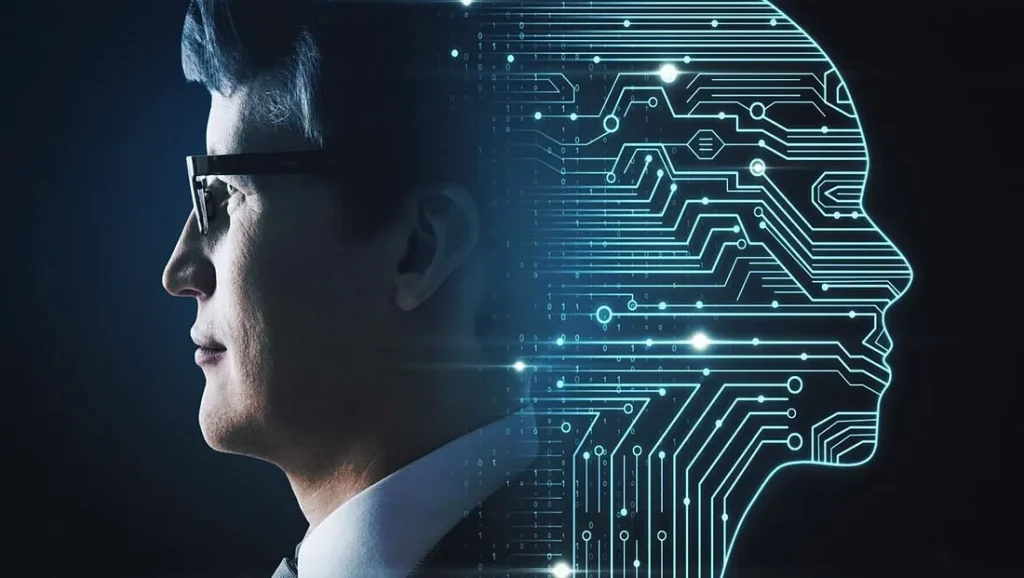Artificial Intelligence (AI) is transforming nearly every aspect of our lives, from automating routine tasks to assisting in complex decision-making. But as AI takes over more cognitive functions, a growing debate emerges: is AI making us more intelligent, or is it diminishing our ability to think critically and solve problems independently?
The Case for AI Enhancing Intelligence
Proponents argue that AI is a tool that enhances human potential rather than diminishes it. Key benefits include:
- Access to vast information: AI enables quick retrieval of knowledge, allowing users to make informed decisions faster.
- Efficiency and automation: AI reduces the burden of repetitive tasks, freeing humans to focus on creativity and higher-level thinking.
- Enhanced problem-solving: AI-driven data analysis helps individuals and businesses make better predictions and strategic decisions.
- Education and learning: AI-powered platforms personalize learning, making education more accessible and effective.
The Concern: Are We Becoming Too Dependent on AI?
Despite its benefits, critics warn that AI could be reducing our cognitive abilities by:
- Weakening critical thinking: Over-reliance on AI for answers may discourage deep thinking and independent analysis.
- Shortened attention spans: Instant AI-generated responses can reduce patience and the ability to engage in prolonged focus.
- Loss of creativity: Automation of creative tasks could lead to a decline in original thought and innovation.
- Skill degradation: As AI handles more tasks, humans may lose essential problem-solving and technical skills over time.
Finding a Balance Between AI and Human Intelligence
The key to ensuring AI benefits rather than harms our cognitive abilities lies in balance:
- Use AI as a complement, not a replacement. AI should assist but not take over human decision-making.
- Continue engaging in critical thinking. Fact-check AI-generated information and analyze data independently.
- Prioritize education and lifelong learning. Encourage skills development alongside AI integration.
- Maintain human creativity and problem-solving. AI should be leveraged to enhance, not replace, human ingenuity.
The Future of AI and Human Intelligence
AI is neither inherently harmful nor beneficial—it depends on how we use it. If leveraged responsibly, AI has the potential to make us more intelligent, efficient, and creative. However, unchecked reliance could lead to cognitive decline. The challenge is to embrace AI while maintaining our human capacity for independent thought and innovation



Comments (0)
No comments yet. Be the first to comment!
Leave a Comment